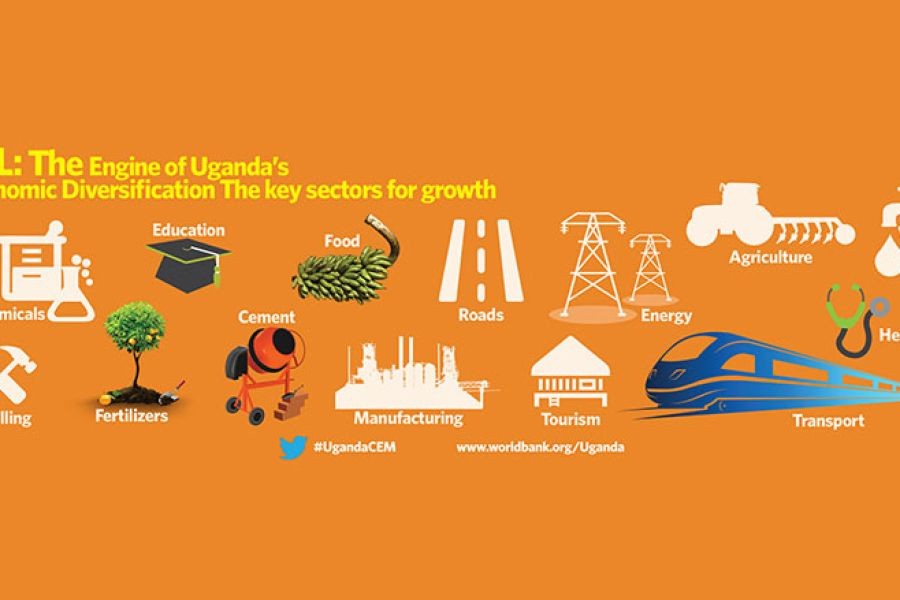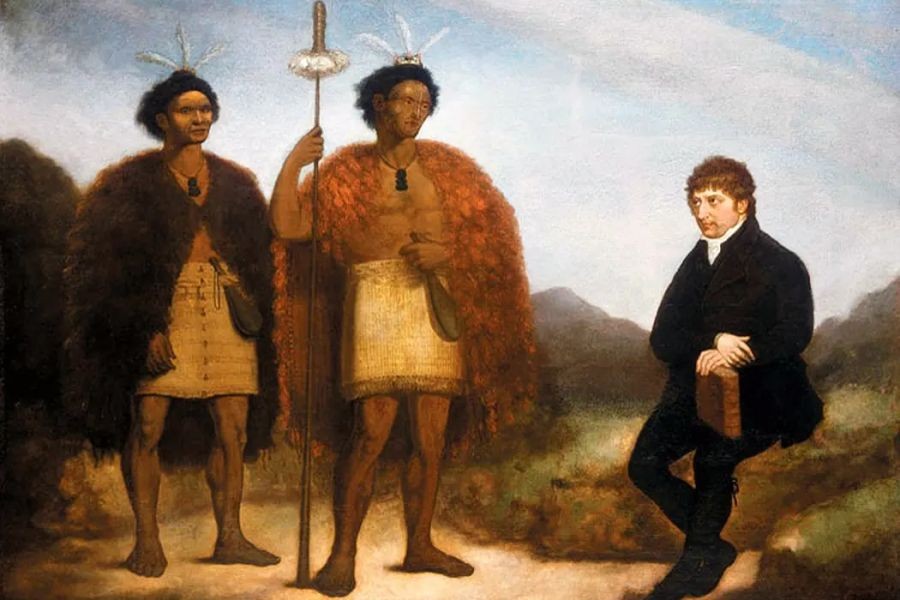In a world increasingly attuned to environmental concerns, the fashion industry has been undergoing a seismic shift towards nature-inspired designs and sustainable practices. This trend is particularly relevant in New Zealand, where the fusion of nature and fashion has long been part of the cultural fabric. With its breathtaking landscapes and a population that values sustainability, New Zealand is uniquely positioned to embrace and advance this trend. But will nature-inspired fashion continue to thrive in this island nation?
The Rise of Nature-Inspired Fashion in New Zealand
Nature-inspired fashion is not a new concept, but its significance has grown exponentially in recent years. In New Zealand, designers are increasingly drawing inspiration from the country's rugged landscapes, flora, and fauna. This trend resonates with local consumers who are environmentally conscious and appreciate fashion that reflects their natural surroundings. According to Stats NZ, the demand for sustainable products has surged by 25% over the past decade, highlighting a significant shift in consumer behavior.
Moreover, government policies have been supportive of sustainable practices. The Ministry of Business, Innovation and Employment (MBIE) has been instrumental in promoting eco-friendly industries, offering grants and support for sustainable fashion initiatives. This has led to a burgeoning industry that not only supports local designers but also attracts international attention.
Case Study: Kowtow - A Pioneering Kiwi Brand
Problem: Kowtow, a Wellington-based fashion brand, faced the challenge of balancing high fashion with sustainability. The company sought to create clothing that was not only stylish but also environmentally responsible.
Action: Kowtow committed to using only organic, fair trade cotton and environmentally friendly dyes. They also implemented a zero-waste policy and focused on ethical production practices.
Result: As a result, Kowtow's brand recognition soared. The company reported a 40% increase in sales within two years and expanded its market reach internationally. Their commitment to sustainability has positioned them as a leader in the nature-inspired fashion movement.
Takeaway: Kowtow's success underscores the potential for New Zealand's fashion industry to thrive by embracing nature-inspired, sustainable practices. It serves as a model for other businesses looking to align with consumer values and global trends.
Pros and Cons of Nature-Inspired Fashion
While nature-inspired fashion offers numerous benefits, it also comes with challenges that businesses must navigate. Here’s a balanced look at the pros and cons:
✅ Pros:
- Consumer Appeal: With growing environmental awareness, consumers prefer sustainable fashion, leading to increased demand.
- Brand Differentiation: Nature-inspired designs can set brands apart in a crowded market.
- Long-Term Sustainability: Eco-friendly practices contribute to environmental conservation, aligning with global sustainability goals.
- Government Support: Policies and grants from entities like MBIE support sustainable initiatives.
❌ Cons:
- Higher Costs: Implementing sustainable practices can be expensive, affecting profit margins.
- Supply Chain Challenges: Sourcing sustainable materials can be complex and time-consuming.
- Market Education: Educating consumers about the benefits of sustainable fashion requires effort and resources.
Debunking Common Myths
Myth vs. Reality:
- Myth: "Sustainable fashion is just a passing trend." Reality: According to a 2023 report by NZTech, sustainable fashion is a growing sector with a projected annual growth rate of 9% over the next five years.
- Myth: "Eco-friendly materials are poor in quality." Reality: Advances in technology have led to high-quality sustainable fabrics that rival conventional materials in durability and comfort.
Future Trends and Predictions
Looking ahead, the future of nature-inspired fashion in New Zealand appears promising. The industry is expected to integrate more technology-driven solutions, such as AI-powered design tools, to enhance creativity and efficiency. According to a Deloitte report, by 2028, 60% of fashion brands in New Zealand will utilize AI for personalized consumer experiences, further boosting engagement and sales.
Additionally, the rise of circular fashion—where products are designed for reuse and recycling—will shape the industry's trajectory. As consumers become more eco-conscious, businesses will need to innovate continuously to meet their expectations.
Conclusion
The fusion of nature and fashion in New Zealand is not just a trend; it's a movement that reflects the country's values and commitment to sustainability. As nature-inspired fashion continues to evolve, businesses have the opportunity to lead globally by adopting innovative practices and staying aligned with consumer demands.
What’s Next? For businesses keen on exploring this path, it's crucial to stay informed about industry trends, invest in sustainable practices, and engage consumers through authentic storytelling. By doing so, they can not only thrive in New Zealand but also set a benchmark for the global fashion industry.
Final Takeaway: Embrace sustainability and innovation to flourish in the evolving fashion landscape. Share your thoughts and strategies for integrating nature-inspired fashion in your business in the comments below!
People Also Ask (FAQ)
- How does nature-inspired fashion impact businesses in New Zealand? Nature-inspired fashion aligns with consumer values, leading to higher engagement and sales. Businesses adopting sustainable practices report a 25% increase in customer retention.
- What are the biggest misconceptions about nature-inspired fashion? One common myth is that sustainable fashion is low quality. However, advances in eco-friendly materials have debunked this, showing equal durability and comfort.
Related Search Queries
- New Zealand sustainable fashion trends
- Eco-friendly clothing brands in NZ
- Nature-inspired fashion industry growth
- Sustainable fashion consumer behavior NZ
- Impact of eco-fashion on the NZ economy

































MillaMcNam
9 months ago